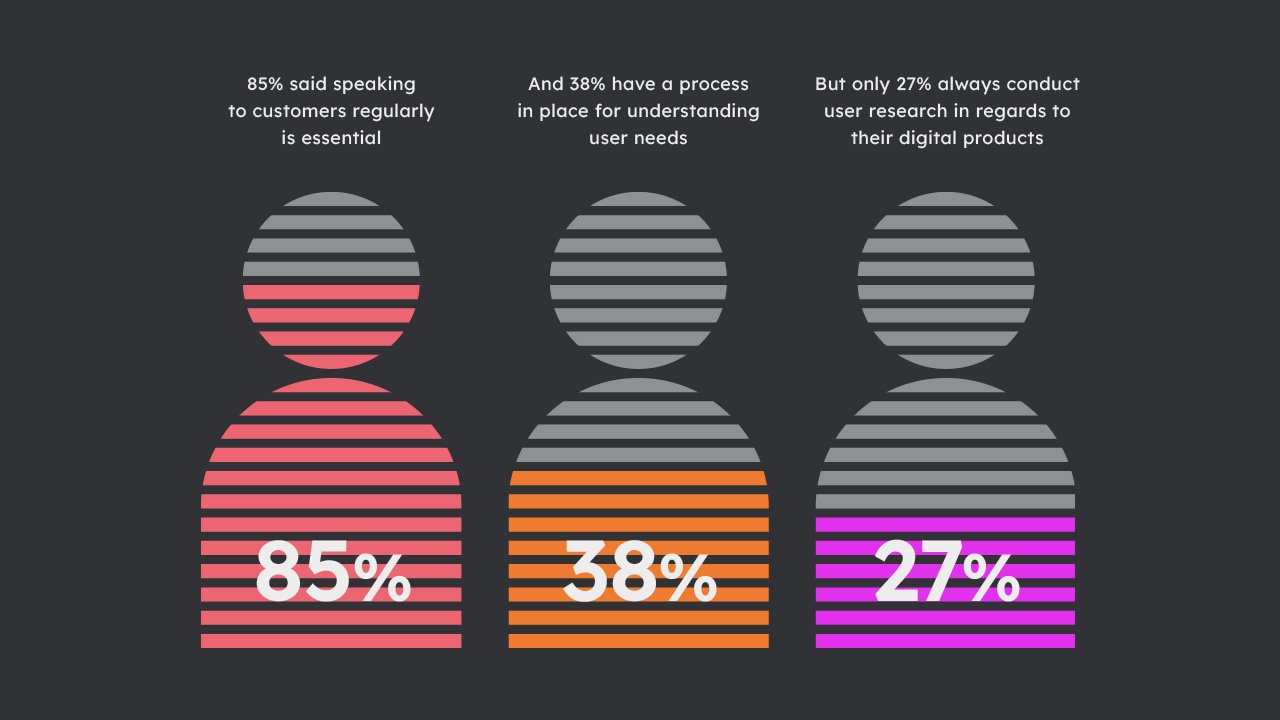Survey: Pharma bullish on digital innovation, but failing on execution

When it comes to enthusiasm about digital innovation, pharma seems to be more adept at talking the talk than walking the walk, as it were. That’s according to recent survey data from digital agency Graphite. Working with Reuters Events, the agency surveyed 450 healthcare executives, 85% of whom worked in pharma.
A full 92% of the survey respondents agreed with the statement “Pharma-sponsored digital products can add value to the healthcare provider and patient by supporting the overall customer experience”, with 57.3% strongly agreeing and 33.8% somewhat agreeing.
But when asked whether their digital product launches regularly succeed, only four percent of respondents answered yes.
“To some extent, this boils down to a lack of understanding of digital best practice and how to successfully execute on digital approaches,” report authors write.
For example, respondents seemed to undervalue user experience, a key tenet of digital success, with only 22% saying ‘embracing UX best practice’ was an approach they took to digital offerings and only 17% and 14% respectively listing “‘embracing user-centred design approaches” and “increasing understanding of CX/UX across compliance and regulatory teams” among their two-year priorities.
Respondents also seemed to undervalue ‘measuring and tracking success’ with just 19% listing it as the most important factor in product success and 10% asserting that they don’t measure anything with regards to digital product launch success.
But it was customer centricity and patient input, or lack thereof, that posed the biggest problem, according to reports, with only 37.5% attesting to having “a process in place for understanding their user needs when it comes to digital products” and 27% indicating that their organisations ‘always conducts user research’.
“The pharma sector is not blind to the problems that exist around digital innovation,” Rob Verheul, managing director of Graphite, said in a statement. “A naturally risk-averse culture results in projects taking a long time to get to market, and when they do arrive, their purpose and impact are often lower than originally intended. The ways of working need to change, particularly when it comes to user research and customer centricity. By moving from a product-first to customer-first mindset and approach, pharma companies can improve the impact and success of their digital products in the future.”
Interestingly, when asked about agreement with the general proposition that “speaking to customers regularly is essential”, 85% agreed.
But that agreement about the value of user research apparently breaks down somewhere in the chain of command: When asked about barriers to doing more user research, the number one response was that it was difficult to convince internal stakeholders of the value, and the number two response was that cost was prohibitive.













